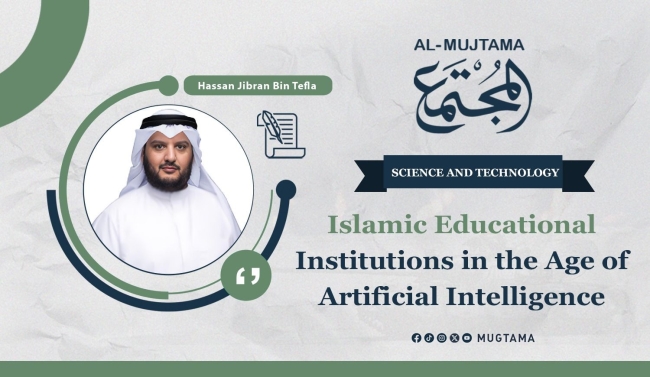Islamic Educational Institutions in the Age of Artificial Intelligence
With the rapid advancement of technology, the world is witnessing radical changes across various sectors, including education. Artificial intelligence (AI), as one of the most prominent innovations in these technologies, offers enormous potential to transform the way we teach and learn. In this context, Islamic educational institutions emerge as fertile ground for applying AI, where it can contribute to achieving a balance between preserving traditional religious values and adopting the latest educational methods.
AI technologies such as machine learning and neural networks provide tools for understanding and processing information in ways that mimic human intelligence. In religious education, these technologies can improve interaction with religious texts, provide complex interpretations, and customize educational content based on each student’s abilities and needs.
The successful integration of AI into religious education requires ensuring that the technologies used align with Islamic ethics and values. This includes designing educational programs that enhance the understanding of Shariah and Aqeedah without compromising the accuracy of the scientific or spiritual content.
The use of AI in developing Quran memorization programs could involve the use of voice recognition to assess the pronunciation of verses and provide necessary corrections. Additionally, intelligent analytics can offer personalized feedback based on student performance, accelerating the memorization process and increasing its effectiveness.
Modern technologies like virtual reality and educational games offer new possibilities to make religious education more engaging. Through these tools, jurisprudential and ethical lessons can be delivered interactively, encouraging students to be more interested and involved.
The technical challenges must include protecting students' privacy and ensuring the security of their data from an ethical standpoint. It is essential to ensure that the technologies used do not conflict with religious ethics. Therefore, investing in deep research and developing systems that take these aspects into account can help overcome these challenges.
The ongoing innovations in AI open doors to tangible improvements in how religious education is delivered. Technologies such as virtual and augmented reality can create immersive educational experiences that enhance students’ understanding of their religious history and culture.
In conclusion, AI offers significant opportunities to modernize and improve education in Islamic educational institutions. By carefully integrating this technology in a way that aligns with religious values, the quality of education can be enhanced, and advanced educational experiences can be provided that meet the needs of the modern era while preserving Islamic values.
-------------------------------------------------------------


